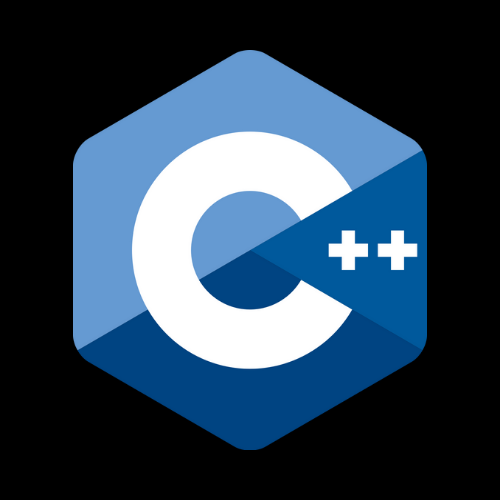In C++, encapsulation is one of the fundamental principles of object-oriented programming. It is a concept that allows you to bundle data (attributes) and the methods (functions) that operate on that data into a single unit called a class. This concept provides data hiding and ensures that the data is accessed and modified only through well-defined interfaces. In C++, encapsulation is typically implemented using access specifiers and class design.
Let's break down the key components of encapsulation in C++ with explanations and an example:
1. Class:
In C++, a class is a user-defined data type that defines a blueprint for creating objects. A class can contain both data members (attributes) and member functions (methods).
2. Access Specifiers:
C++ provides three access specifiers that control the visibility of class members (attributes and methods) from outside the class. These access specifiers are:
- public: Members declared as public are accessible from anywhere, both within and outside the class.
- private: Members declared as private are only accessible within the class. They are hidden from the outside world.
- protected: Members declared as protected are accessible within the class and its derived classes (covered in inheritance).
3. Encapsulation:
Encapsulation is the practice of bundling data (attributes) and methods that operate on that data together in a class. It is about restricting access to the internal details of a class and exposing only the necessary functionalities through well-defined interfaces (public methods).
Why Encapsulation?
- Data Hiding: Encapsulation hides the internal representation of an object from the outside, preventing unauthorized access to its data members. This is essential for maintaining data integrity and preventing unintended interference.
- Modularity: Encapsulation promotes modularity by isolating the implementation details of a class from the rest of the program. This makes it easier to understand, maintain, and modify the code.
- Ease of Maintenance: Encapsulation simplifies code maintenance because changes to the internal implementation of a class do not affect the code that uses the class (as long as the public interface remains the same).
- Code Reusability: By creating classes with well-defined interfaces, you can reuse them in different parts of your program or in other programs.
Here's an example in C++ to illustrate encapsulation, private members, and why they are important:
#include <iostream>
class BankAccount {
private:
double balance; // Private member
public:
BankAccount() : balance(0.0) {}
void deposit(double amount) {
if (amount > 0) {
balance += amount;
}
}
void withdraw(double amount) {
if (amount > 0 && balance >= amount) {
balance -= amount;
}
}
double getBalance() {
return balance;
}
};
int main() {
BankAccount account;
// Attempt to directly access the private member (which is not allowed)
// account.balance = 1000; // This will result in a compilation error
account.deposit(500);
account.withdraw(200);
// Accessing the balance through a public method
double currentBalance = account.getBalance();
std::cout << "Current balance: " << currentBalance << std::endl;
return 0;
}


